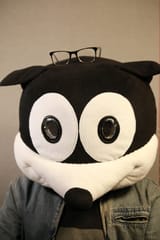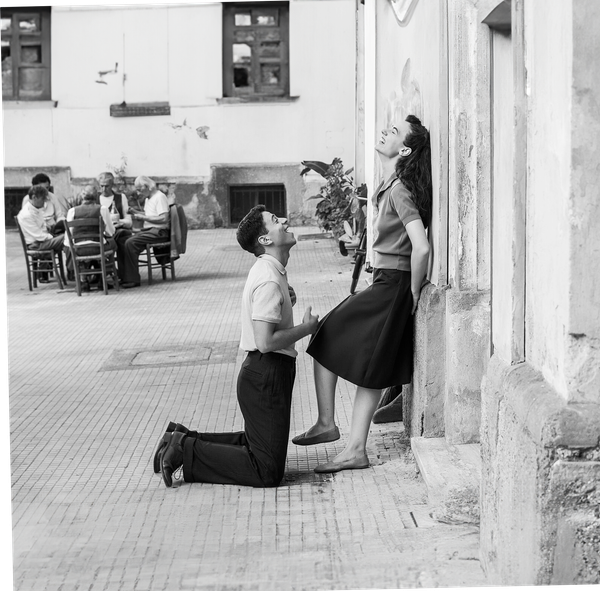The Teachers’ Lounge
Here’s a movie that’ll make you never want to go into education.
It goes without saying that teaching is a daunting, often thankless job. Early mornings and late evenings; trying to squeeze out droplets of fun from a mind-numbing yet mandatory curriculum; having to stop periodically because one of the thirty-or-so kids in class has attempted to stab their neighbour with a compass; marking during breaktimes, and lunchtimes, and all other times – the list goes on, ad nauseam. Even its premise, that one teacher can get an entire room of attention-deficient teenagers to be remotely enthused about a subject so that they can then pass a series of seemingly arbitrary exams, seems overwhelming.
If there’s one thing that German-language drama The Teachers’ Lounge (2023) excels at, it’s putting these hardships front and centre. Seventh-grade teacher Carla Nowak (Leonie Benesch) has to juggle a class of pubescent children and their morphing attitudes to authority, their demanding parents, and an administration which fails to solve endemic problems within the school.
But it is the titular lounge where many of Nowak’s problems can be traced back to. Her relative inexperience and energy clashes with her colleagues’ disillusionment: as a result, interactions with them are laced with simmering hostility, and she becomes more guarded in their vicinity. Things come to a head when the school secretary Friederike Kuhn (Eva Löbau) is accused of a series of thefts from various teachers, including Nowak. Her son Oskar, irate at the bureaucratic responses from school staff, begins to act out more and more in Nowak’s classes.
Movies about education tend to mirror the high standards of professionalism demanded of teachers in real life: depicting them as moral paragons, consistently cordial with one another and only ever disagreeing on topics of classroom technique. Bad news for morals police everywhere – people get annoyed, prejudge, and gossip. In his portrayal of Nowak’s fellow teachers, director İlker Çatak manages to reflect these inescapable truths without making the characters seem too obnoxious. Ditto for the children, who throughout the movie seem to yearn to be older – from Jieun and Luise sneaking outside with a lighter for “fresh air,” to the entire class making a stand against Nowak for infantilising them.
Movies about education tend to mirror the high standards of professionalism demanded of teachers in real life.
The only character, really, who falls short is the protagonist herself. Benesch’s wonderful and fitting expressivity doesn’t change the fact that her character martyrs herself to a degree that transcends the realm of admirable, and enters the realm of exasperating. When Nowak consents to an interview with the school paper and is subject to an interrogation by student journos about the Kuhn proceedings, one can’t help but feel as if she is one of the people digging her grave. Even when Oskar breaks into the lounge, steals her laptop, and assaults her during his getaway, Nowak predictably defends him from suspension.
All in all, The Teachers’ Lounge joins others like The Class (2008) in being a close look into education in the 21st century. Teaching, as always, is difficult and unglamorised, and Çatak accurately, if overstatedly, represents the issues that face modern teachers today.










